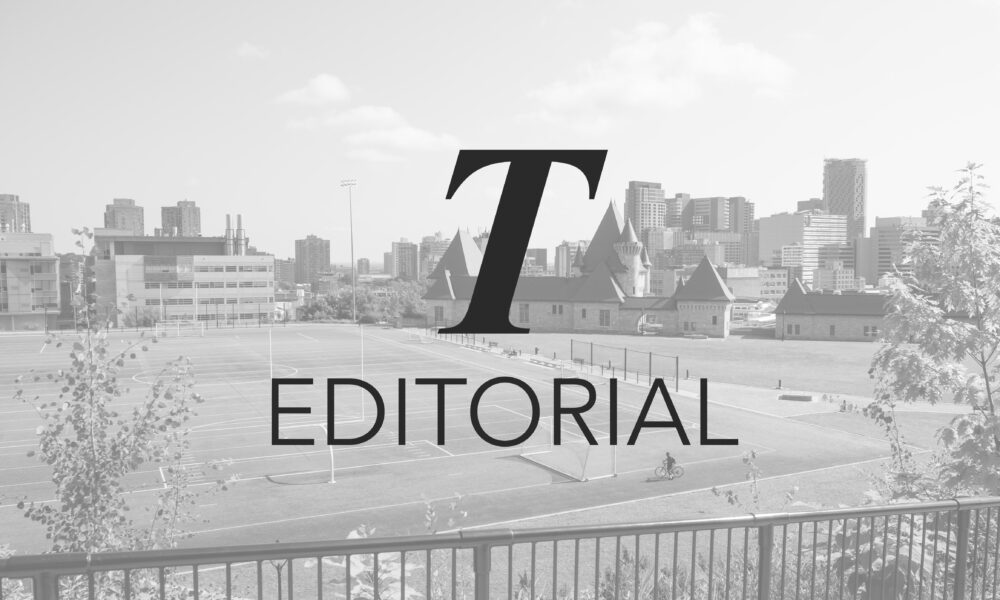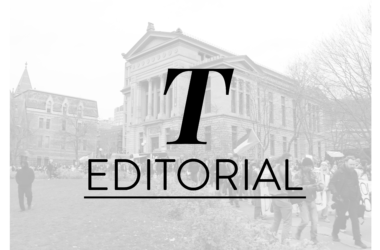On Sept. 9, members of the Conservative Party of Canada (CPC) voted to approve a handful of new socially conservative policies, meant to levy an attack against so-called “woke ideology.” Though in recent years the right have co-opted the term to refer to anything they dislike, the term “woke“ initially signified the need for Black Americans to stay aware of police brutality, racially motivated violence, and the dangers of white supremacist North America. Focusing on transgender health care, vaccine mandates, and “race-based” hiring, the CPC’s policies call back to the age-old rhetoric of “protecting our kids.” This thinly-veiled attack on some of Canada’s most vulnerable communities only shows that the Conservative Party has no qualms with promoting fear and hate.
One of the party’s biggest proposals is limiting access to transgender health care for minors, citing a lack of maturity and a false narrative about detransitioning. This fear mongering inherits the hate of older right wing movements, where adults have used children in opposition to human rights, as racist, classist, and homophobic symbols of innocence. To protect themselves from the freedom of others, conservatives have consistently silenced children and exploited their image to support their agenda. The ‘Save Our Children’ movement, for example, launched in Florida in the 1970s as a counter to the gay rights movement, and attempted to conflate the queer community with sex offenders and pedophiles.
We must recognize the long-established history of transphobia and its underlying misogyny to understand the new policies CPC delegates agreed upon. Oftentimes, transphobia centres around questions of who is allowed to be a woman. Policies that target trans women, such as bathroom bills or testosterone limits in sports play into the broader conservative agenda of controlling women’s bodies.
In their attempt to do away with all vaccine mandates, the Conservatives argued that Canadians should have bodily autonomy––an idea that contradicts their other attacks on individual choice. Ironically, vaccine mandates are inherently about group immunity, public health, and protecting the immunocompromised, while gender-affirming care does not directly affect anyone except for the individual receiving it. In fact, it can be extremely dangerous to deny people gender-affirming care, putting an already-vulnerable group at even greater risk.
In pursuing a political agenda that puts an end to race-based hiring policies in federally funded jobs––agreed upon by 95 per cent of the caucus––the Conservatives purposefully ignored Canada’s history of settler colonialism and racism, and provided companies a legal way to continue in their bigotry. People of colour in Canada have been historically excluded from many of these spaces, and taking away policies made to restore justice will only reinforce inequalities of the past. A federal government that is truly representative of the diversity the country holds cannot and will not be achieved unless past harms are not only acknowledged but redressed to create an equitable society. Skipping this step will exacerbate the systemic discriminations that comprise all of our institutions, including prisons, schools, and the workforce.
However, conservatives are not the only ones to blame. The incumbent Liberal Party, along with the rest of the political apparatus, is not innocent. Staying silent in the face of injustice allows the CPC to build and solidify their harmful agenda. The Liberal Party must look back at the last eight years, which have seen both progress and regression, and recognize that they must continue to fight for rights for all Canadians.
Canadians must re-imagine their current conceptualization of inclusion into the state, and make their voice heard through the countless ways democracy affords them. Individual action cannot be underestimated any longer when human rights are threatened: Individuals must take to the streets, write to their Members of Parliament, and use their vote to defend their values.
Forgetting the power students hold is easy, but change can be made anywhere they are ready to make it. Within the McGill community, supporting and participating with queer and trans groups on campus is an important first step toward working alongside marginalized people. It is time we take up, protest, and speak out—in order to move toward liberation for everyone.





